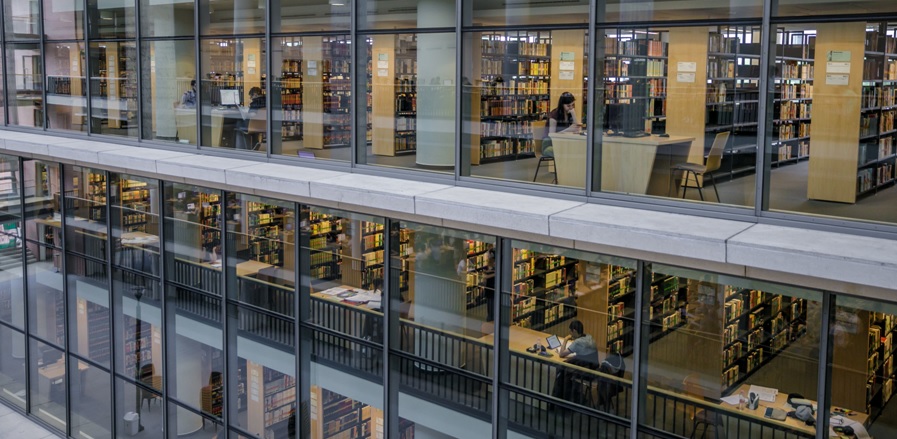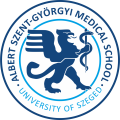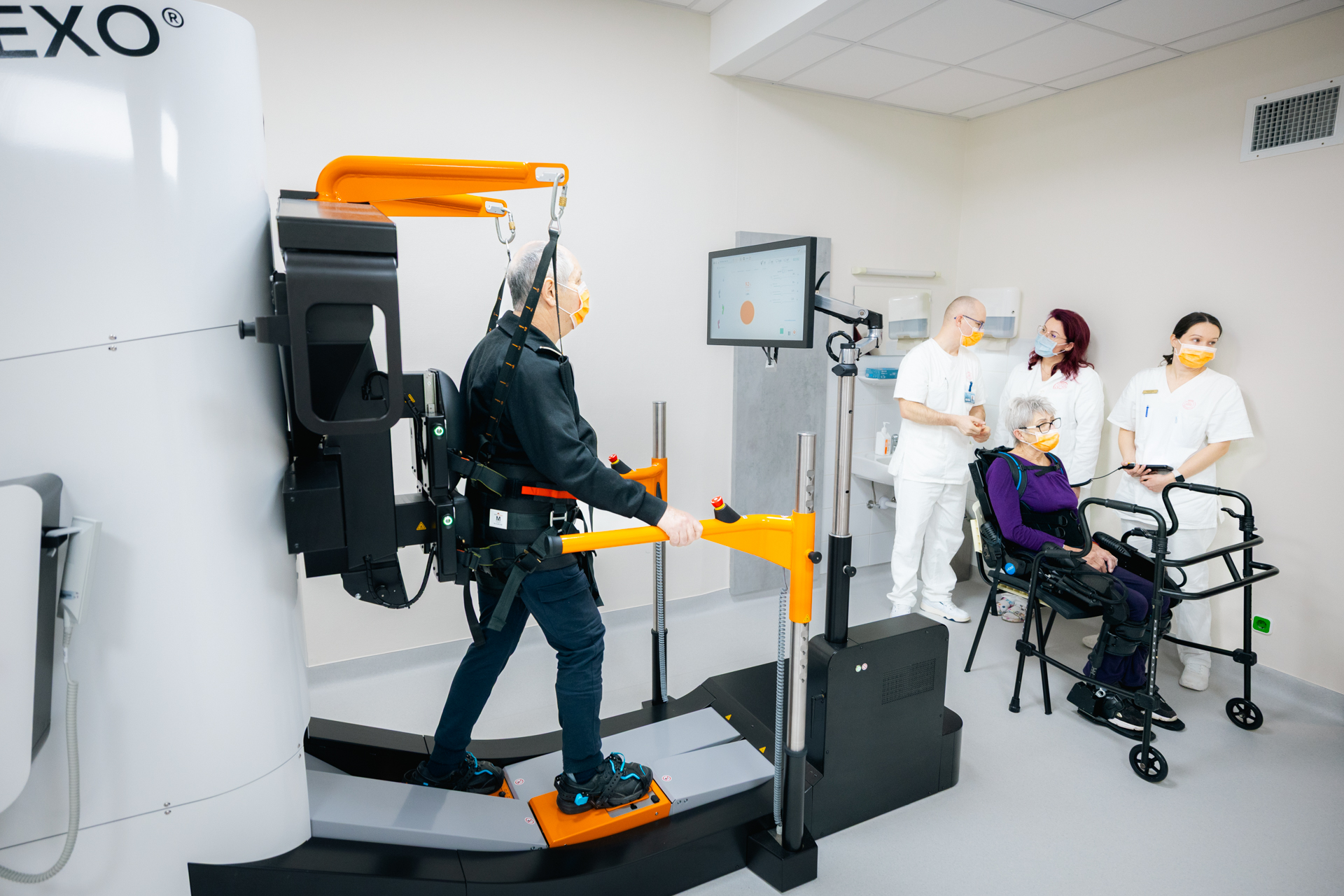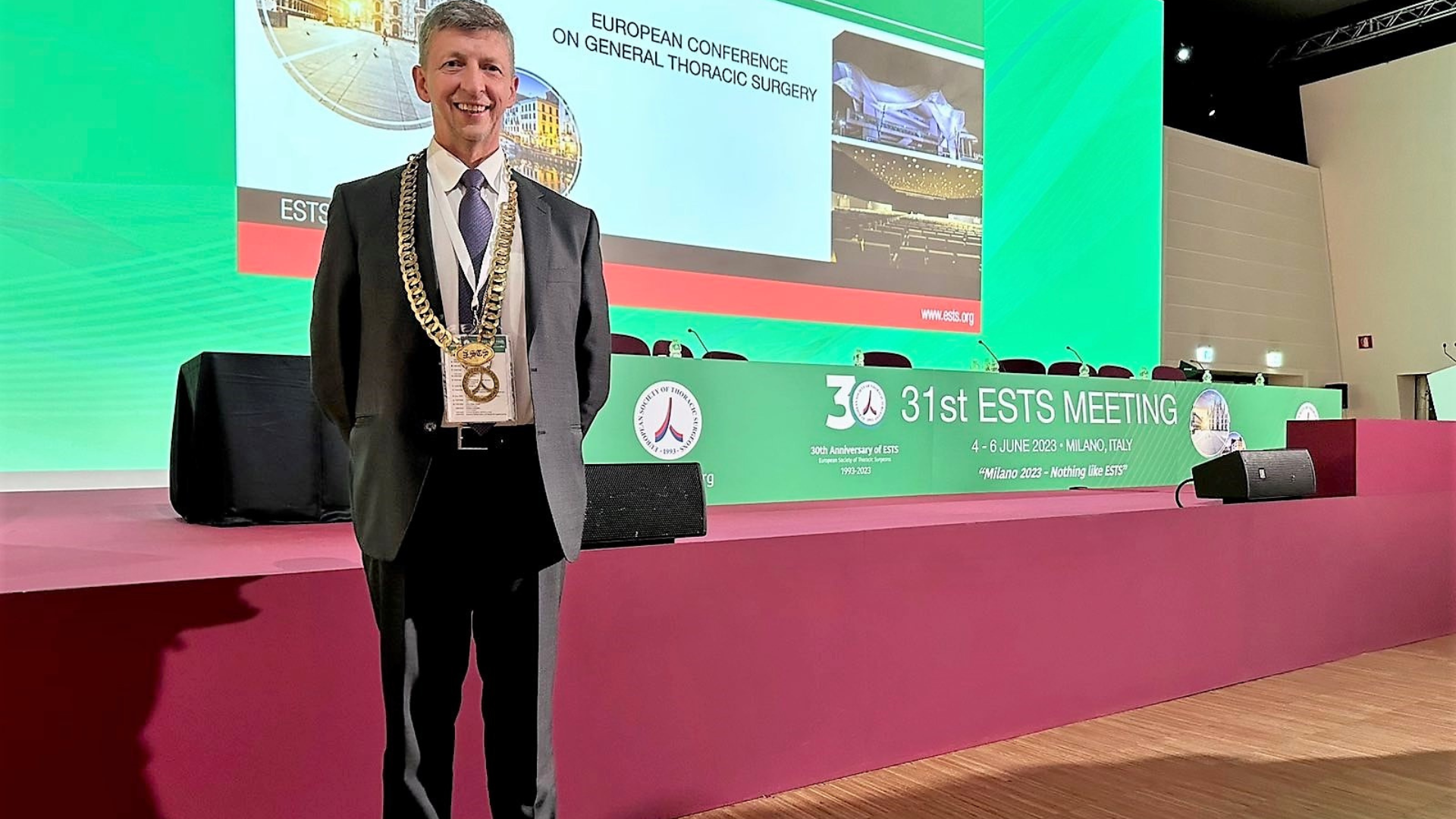University of Szeged
Albert Szent-Györgyi Medical School
Foreign Students' Secretariat
Your Education. Our Mission.

General Information
The course is organized for students who feel unprepared for the regular health-science degree programs or who need help in reviewing basic sciences in English language.
Subjects taught are Biology, Chemistry including Chemical Calculations, Physics, Mathematics, Medical English and Hungarian language. The duration of the course is eight months, starting in September. Progress is checked on a regular basis.
The language of the course is English; therefore, applicants must provide suitable proof that they meet the English language requirement for the Foundation Year Program.
Students with outstanding academic achievements have a high chance to be admitted automatically to the first year of the following programs starting in the upcoming academic year:
6-year Medical Program (MD),
5-year Dental Medicine Program (DMD),
5-year Pharmacy Program (DPharm),
4-year Physiotherapist Program (BScPhysio)
4-year Nurse Program (BScN)
Important notice: Completion of the Foundation Year does not imply or assure admission to the degree programs.
Grading System
Five-grade system
5 Excellent (jeles)
4 Good (jó)
3 Accepted (közepes)
2 Passed (elégséges)
1 Failed (elégtelen)
Foundation Year students are entitled to receive a student card, which provides the following discounts:
• 50% discount on public transportation within Hungary
• discounts at local stores
• cheaper fares in certain cab/taxi companies.
For more information regarding the application procedure, please click here.






